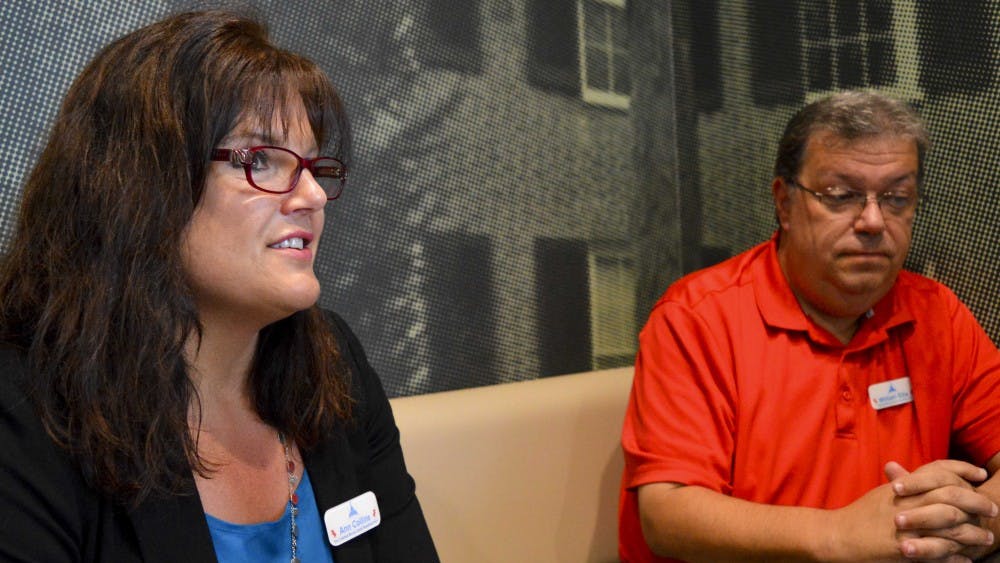The position of Monroe County prosecutor carries a lot of weight, Republican incumbent Carl Salzmann said.\n"The keystone to the criminal justice system is the prosecutor," he said. "It's the one place where one person can make a big difference."\nSalzmann said he went to law school with the sole intent of becoming a prosecutor. He said he wanted to concentrate on those being affected by criminal action, not defending possible criminals.\nHowever, Salzmann is open to, and experienced in, working with programs designed to help young people with nonviolent misdemeanors, he said. \nSalzmann said he feels that arrests for nonviolent misdemeanors such as illegal consumption, public intoxication and possession of limited amounts of marijuana, should not ruin a person's life. In his 12 years as prosecutor, he dismissed 11,000 such cases through a diversion program. First-time offenders are allowed to serve the community and complete a period of probation in exchange for a lesser criminal record.\nIn response to allegations by his Democratic opponent Chris Gaal that he does not allow access to statistics, Salzmann said that is simply not true. \n"Everything we do is public record," Salzmann said. "It's all at the clerk's office." \nThe problem is that the computer systems in the prosecutor's office are incredibly out-of-date, he said. In order to provide in-depth statistics, Salzmann would have to count records by hand, a task members of the public can also perform. Salzmann asked the county government for an upgraded system or the hiring of a statistician, but so far, there has been little change. \n"It's been my frustration the whole 12 years," Salzmann said, adding that many of the statistics requested are ones he himself would like to see.\nConcerning the issue of jail overcrowding, Salzmann said there are three types of inmates: those who can't comply because of physical or mental deficiencies, those who would change if they could and those who won't change. \nWhile Salzmann notes that recidivism, or repeated offenses, is a significant source of jail overcrowding, he said "it's not because of anything me or my opponent can do. It's because the jail is full of those who won't change." \nAs for those with mental deficiencies, Salzmann is a proponent of the Mental Health Treatment Team. Every month, this group performs case studies anyone in the jail it thinks might be mentally deficient to determine if he or she can be put in more suitable place or released on a certain type of bond. Salzmann said probation can be offered with the stipulation that those released continue taking necessary medications as an attempt to keep them functioning well in society. \nSalzmann also noted the importance of the Crisis Intervention Team, which trains officers to detect and deal with mentally ill perpetrators. In fact, Salzmann put such a system in place seven years ago. The difference between this and Gaal's proposal is that Salzmann's initiative is operated by volunteers, Salzmann said.\nSalzmann also supports other similar re-entry programs, he said.
Salzmann backs programs for inmates who are mentally ill
Get stories like this in your inbox
Subscribe





